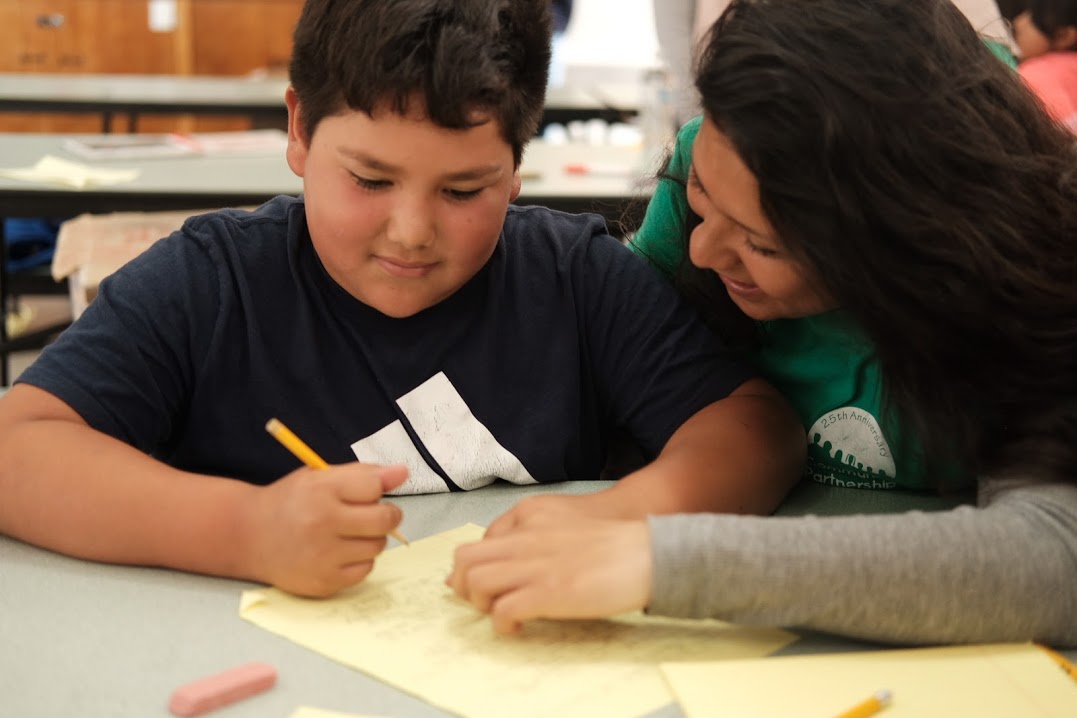
CPY Offers Youth Safety, Structure, Standards
CPY (Community Partnership for Youth) can’t fail to impress for the scope of programming it provides and for the statistical impact this nonprofit has had on the youth of Monterey County. Perhaps the best proof that CPY is fulfilling its mandate is that its Program Director, Benjamin P. Bruce, is a CPY alumnus, someone who came up through the ranks of this program. We spoke with Ben to find out more about the work of CPY, a Kars4Kids small grant recipient:
Kars4Kids: Why is CPY necessary?
Ben Bruce: CPY was created to provide youth with a safe structured environment that offers academic support and guidance in behavior and life skills through mentoring. On one hand, we’re serving as a safe and trusted place for parents to leave their children while they are away at work. On the other hand, we see ourselves as serving the “whole child” and are doing our part to help support parents, teachers, so that students grow up to be socially and emotionally healthy and successful. Our organization is also unique to the community in that our programs allow us to follow and stay connected with our youth throughout their entire school career; from elementary to high school, and even through college and beyond.
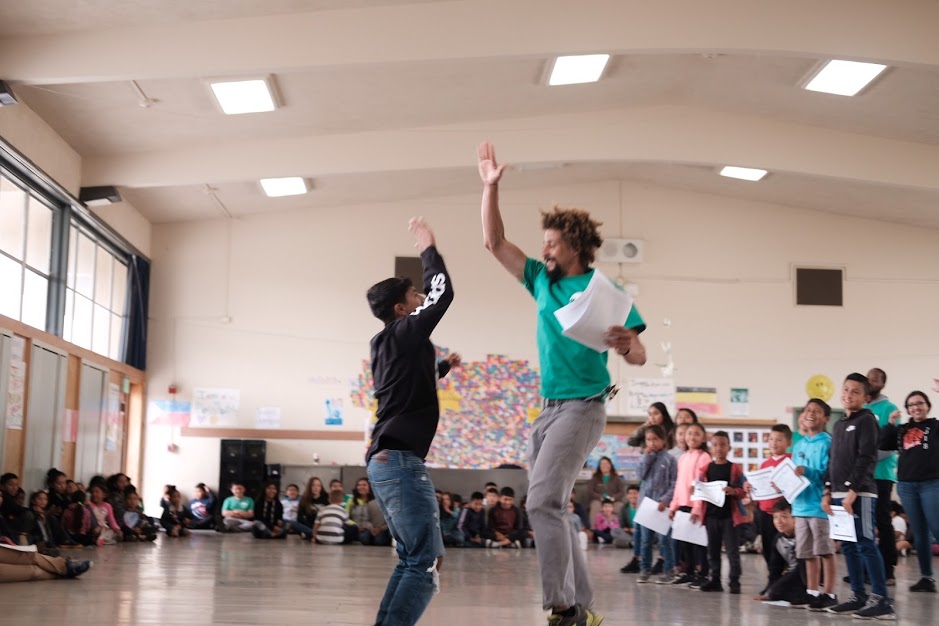
Kars4Kids: From the beginning, CPY adopted the standards of Self Enhancement Incorporated (SEI) of Oregon. How do these standards prevent violence and keep kids from taking drugs and joining gangs?
Ben Bruce: The CPY Standards are a great tool in terms of helping students to self-regulate their behavior. The Standards are based on respect and integrity and they guide how we treat others and how we treat ourselves and students work on memorizing all six of them. Additionally, CPY really does its best to weave the standards into everything we do, and I think that’s what makes them so successful for our students. By exposing them to the standards so often students are able to internalize them and use them in their everyday life. We have had countless alumni who tell us what impact the standards have had, even into their adulthood.
Kars4Kids: CPY has on-campus programming at 5 area schools between the high-risk hours of 2-6PM to ensure that children aren’t left unsupervised or without guidance in the hours after school. How do you keep the kids from feeling like this is just an extension of an already very long school day?
Ben Bruce: I think we try to strike a good balance between academic support, enrichment activities, and a mix of free play. Additionally, at the center of everything, our goal is to build positive relationships with the students as mentors and role models. I think this goes a long way to help prevent CPY from feeling like more school. The one part that might feel like school is that the kids have to come every day (Monday through Friday). The up side to that is our students grow attached to the staff and to one another, so much so, that we see those same students year after year; some even into adulthood!
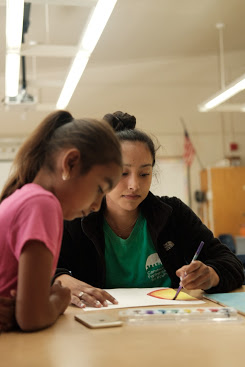
Kars4Kids: CPY was founded in 1991 in the wake a community tragedy after a promising student-athlete, Ramon Avila, was shot and killed during an alleged drug deal. Has the existence of CPY changed the picture statistically speaking? Is there less violence in the community?
Ben Bruce: Statistically speaking, yes, the picture is very different than what it once was. The reality however, is that our community is ever changing. While we may be in the low range statistically right now in terms of juvenile violence, we have seen levels creep up from time to time. As it has risen in the past, our success as an organization and as a community has been to work collaboratively to address and respond to fluctuations in levels of violence.
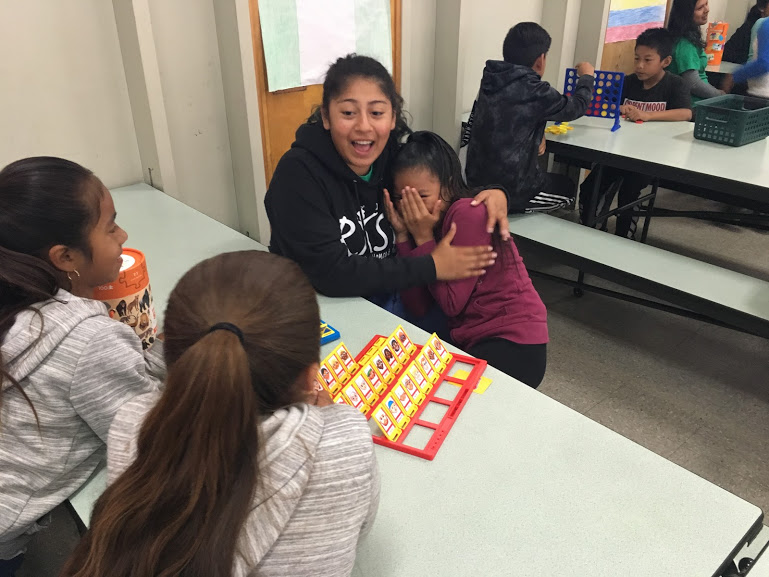
Kars4Kids: CPY started its Middle School Leadership Program when staff saw that kids going into 6th grade didn’t want to stop attending CPY. Instead, these children are now enlisted to serve as mentors and leaders for the younger CPY students, as Junior Leaders. What type of training do Junior Leaders receive? Do they have their own mentors to oversee their work with younger children?
Ben Bruce: The Middle School Leadership Program is one that is very near and dear to my heart. It’s actually how I got started with CPY 19 years ago. What makes the program so successful is that each Jr. Leader gets paired off with a mentor/CPY staff member. Our middle school students get to try their hand at leadership with the safety net of support and supervision from their mentor. For me, it was Mr. Jason and getting to work with his group of 2nd grade boys. He did a great job of making me feel valued, comfortable, and even confident in working with those youth. Today I would say the Middle School Leadership Program is even more robust. Several years ago we adopted the program Youth Empowerment Solutions (YES), an evidence based curriculum designed to empower youth to be leaders and create positive change in their communities.
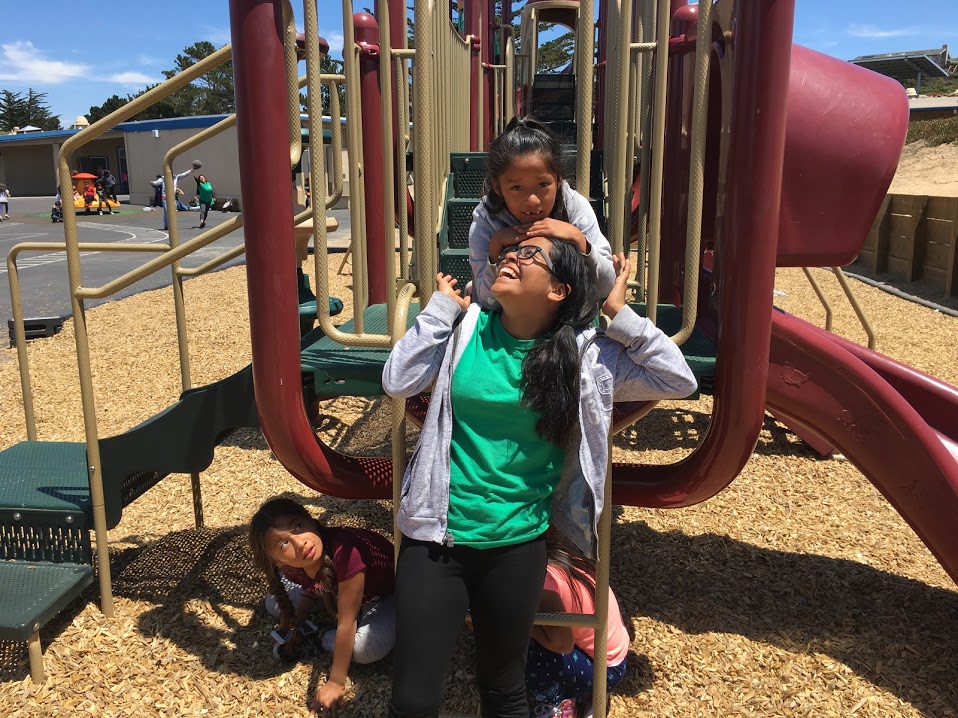
Kars4Kids: The CPY High School Leadership Program requires students to not only put in time mentoring younger children, but to maintain at least a 2.5 GPA. What if a kid has terrific leadership skills and has put in the time, but he just can’t seem to bring his grades up? Has this ever happened? How have you handled this issue? Is getting into the program a motivating factor for pulling down good grades?
Ben Bruce: We certainly have students whose grades drop from time to time. If a student’s grades do drop we have a sit down to talk about what their challenges have been, what steps can be taken to address them, and what existing resources are available to support them. We schedule follow-ups and check-ins to track these students’ progress in order to make any necessary adjustments.
The vast majority of participants do manage to bring those grades back up. Some of that is simply because they are motivated to be able to have a paying job. A big part of raising those grades however, is having an open and honest conversation with them that ends with a game plan.
In these conversations it’s really important for our participants to know that taking a break from the CPY High School Leadership Program is not a punishment or viewed as a failure. A potential pause/break from CPY’s High School Leadership program is an attempt to bring balance, if not excellence, to the different areas of their lives. A student may be an amazing mentor and leader, but if they aren’t able to translate some of that success into school or other facets of their life, their overall success will be limited.
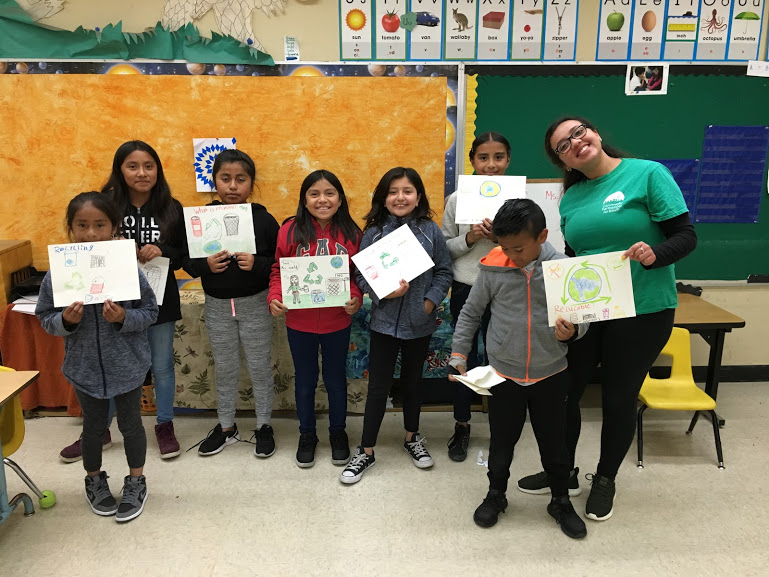
Kars4Kids: CPY offers the Strengthening Families Program (SFP) for Parents and Youth 10-14, a nationally recognized curriculum. Is it difficult to get tired working parents to take part in such programs after a hard day’s work or on weekends? How do you encourage participation?
Ben Bruce: It certainly can be a challenge for parents to participate. I think the biggest challenge is just getting to the class. We begin each session with a family meal and that ends up being a huge draw. The other reality is many of the youth who take advantage of this program are mandated to do so by juvenile probation or by alternative education programs. Whatever the case may be, we do our best to make the evenings fun and engaging, so that the families are excited to come back. It is also great for parents and youth to be able to connect with one another and know that they are not alone in their struggles.
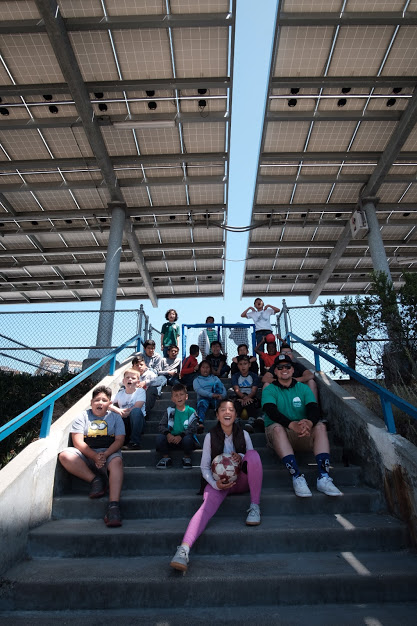
Kars4Kids: CPY has an all-day summer program. How many children are enrolled in this program, on average? Why do participants eat “family style?”
Ben Bruce: On average we have about 280 students enrolled in our summer program. It ends up being about 200 elementary school youth and another 50 middle school youth and about 30 high school students. Eating “family style” has always been important to CPY. We use it to teach important life skills and it helps to build our culture. CPY is a family, so we sit together and eat like one.
Every lunch begins with staff helping to prepare the meal, students helping to set the tables, and students helping to serve the food. It’s an opportunity to teach good table manners, like no “see food” or elbows on the table. It’s also another way for our mentors to connect with our youth. As busy as some of our parents are, there are youth who don’t regularly get to sit down and eat family style in their homes.
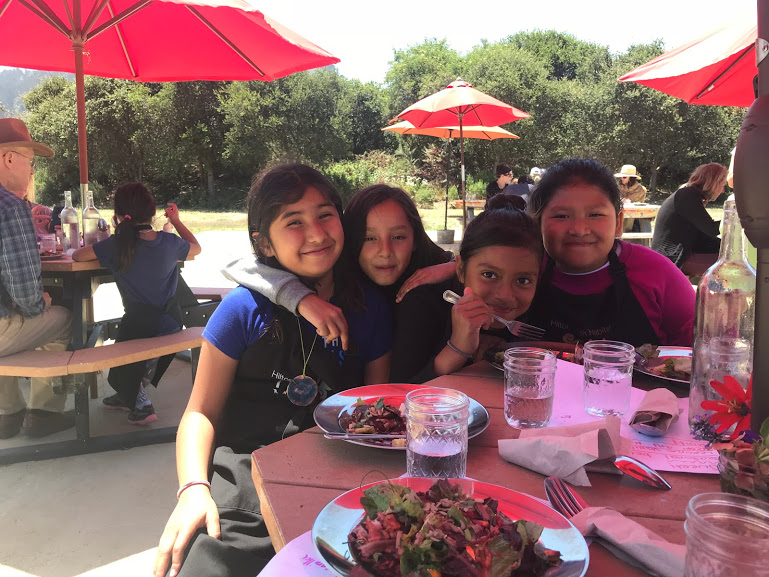
Kars4Kids: Tell us about the Birdhouses for Literacy Program.
Ben Bruce: We have a wonderful volunteer by the name of Bundy Goodman who has served as our event coordinator in the past. She is incredibly creative and crafty, and was looking for another way to raise funds for CPY. Thus Birdhouses for Literacy was born. Inspired by her craftiness, Bundy created the most beautiful birdhouses with used classic books like “Green Eggs and Ham” or “Alice in Wonderland”. The resulting proceeds then go to support our different literacy initiatives.
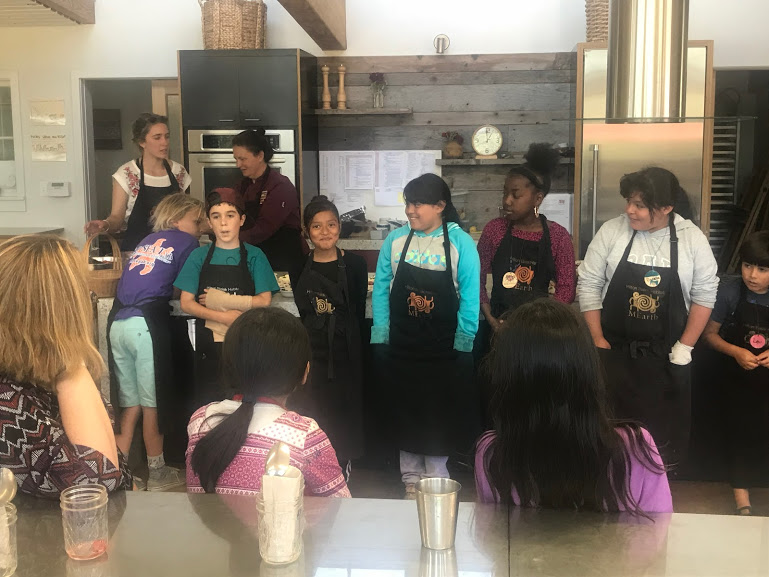
Kars4Kids: Can you tell us about the CCMP suite of programs?
Ben Bruce: Community of Caring Monterey Peninsula (CCMP) is an amazing organization that we have had the opportunity to collaborate with over the years. As they were in the process of going through some organizational changes, there was a concern about no longer being able to provide their programs to the community. In helping to prevent that from happening CCMP “passed the torch” to us and CPY adopted these programs, all of which support our mission in one way or another. The Monterey County College Challenge (M3C) introduces 4th grade “future college graduates” to an interactive tour of a local community college campus. The CHOICES program is an amazing curriculum that prepares 8th grade students for high school by showing them how their immediate choices in school can affect not just their current situation, but their future job/career and lifestyle. Finally, there’s the PURSUIT Youth Expo which is a one-day conference for high school students that features workshops and mentoring to help connect them with their passion, purpose, and pursuit.
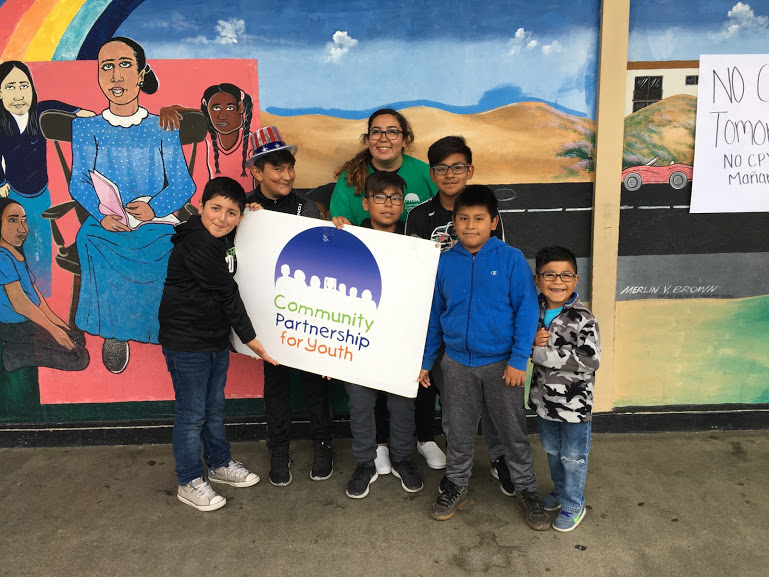
Kars4Kids: What’s next for CPY?
Ben Bruce: We often get asked this and our answer is always diving deeper. All of our growth over the years has been out of emerging needs in the community. It’s less about expanding the program to new places and more about figuring out what’s missing in our work with our current population, or what can be done better. There’s also a big focus on staying sustainable in the long term. We have been very fortunate to celebrate our 25th anniversary a few years ago and while the journey certainly hasn’t always been easy, there’s no doubt that we want to go another 25 years strong.